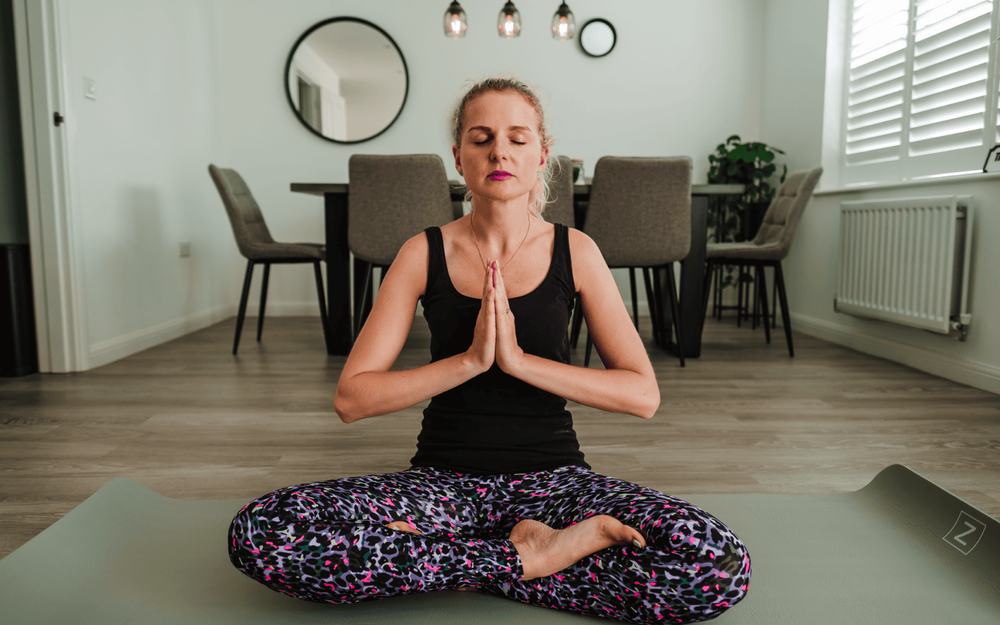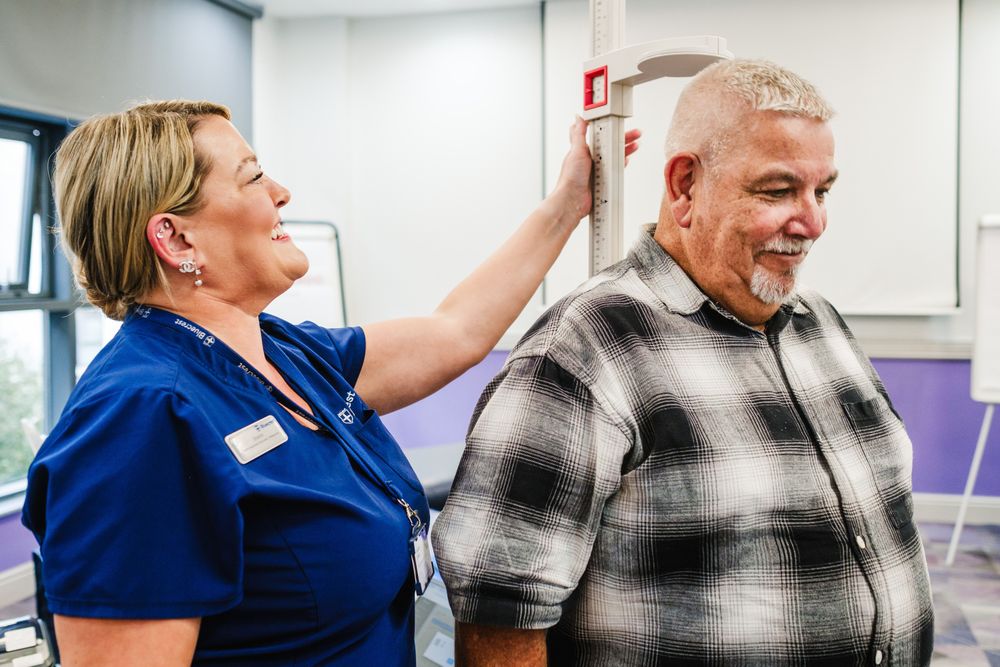
What happens when you come off the contraceptive pill?
Initially licensed in the 1960s, the contraceptive pill has been giving women control over their reproductive health for six decades. But there are many reasons women may choose to stop taking contraception, from wanting to get pregnant to preventing side effects or trying more advanced technology mean many women are now turning their backs on the contraceptive pill and seeking alternative forms of contraception, from cycle tracking in apps to contraceptive injections and more.
But what happens when you come off the contraceptive pill? In this article, we aim to explain what happens to your body when you come off the pill, why you might want to consider coming off the pill, and how you can track your hormonal health through a private hormone profile blood test.
What is the contraceptive pill?
The contraceptive pill, also known as the birth control pill, contains artificial forms of the hormones, oestrogen and progesterone, which help prevent pregnancy by:
- Blocking the release of an egg from the ovaries
- Making it difficult for sperm to reach an egg by thickening the cervix
- Thinning the lining of the womb, making it more inhospitable for an egg to implant itself in your uterus
What happens to your body when you come off the pill?
When you stop taking the contraceptive pill, your body returns to releasing different amounts of hormones at different times, instead of the regular dose of hormones on the pill. As a result, you should get your period back and you may start to experience fluctuations in mood throughout the month, as well as premenstrual syndrome.
In addition, you may notice changes to your vaginal discharge, especially around the time of ovulation when it may become a bit like raw egg white.
If you experienced hormonal issues such as period pain or acne, there is also a chance that these symptoms will return after coming off the pill.
When will you get your period?
You may have a withdrawal bleed after stopping your period, but this isn’t a proper period.
Your normal period will usually resume within around three months of stopping taking the contraceptive pill. However, you may continue to experience irregular periods for a few months after this until your body’s hormone levels return to normal. You can find out more about irregular periods in our guide.
Will your period change?
You may find that your period is different after stopping taking the contraceptive pill, and the reasons for this can vary:
- Circumstance - some women take the pill for years, so sometimes changes to your period can just be a natural consequence of ageing or alterations to your lifestyle, such as being more stressed or the development of other medical conditions.
- Troublesome periods – if one of the reasons you started taking the pill was to help manage painful or heavy periods due to conditions like endometriosis or polycystic ovary syndrome (PCOS), you may find that these symptoms return after stopping the contraceptive pill.
- Progesterone-only contraception – it is quite common for some women’s periods to stop completely on a progesterone-only contraceptive pill, but your period should return after stopping taking it.
When will you be fertile?
Although your periods may not return to normal straight after stopping taking the contraceptive pill, you can still be fertile. That’s because ovulation can happen in as little as 48 hours after stopping the pill. This means if you don’t want to get pregnant, it is important you use another form of contraception as soon as you stop taking the pill.
Are there any lasting effects from taking the contraceptive pill?
It doesn’t matter how long you have been taking the contraceptive pill; there is no evidence to suggest it has any lasting effects. Some women will be fertile in as little as 48 hours after stopping the contraceptive pill.
If you have stopped taking the contraceptive pill because you want to get pregnant, it’s important to remember that this may not happen straight away. This can be for many reasons, and may not be linked to taking the pill at all. The best way to improve your chances of getting pregnant is by having unprotected sex every two to three days.
6 reasons you may want to stop taking the contraceptive pill
There are many reasons people may want to stop taking the contraceptive pill, including:
1. Side-effects
Common side-effects that can cause people to stop taking the contraceptive pill include:
- Breakthrough bleeding in between periods
- Breast tenderness
- Headaches
- Mood swings
- Nausea
- Bloating
- Skin changes
- Weight gain
- Vaginal dryness
- High blood pressure
2. You want to get pregnant
One of the top reasons people choose to come off the contraceptive pill is because they want to get pregnant.
3. Concerns about breast cancer risk
Some types of contraceptive pill can increase your risk of breast cancer, and this risk can increase the longer you take the contraceptive pill.
As a result, before starting the contraceptive pill, your doctor, nurse or pharmacist may ask about your family history of breast cancer as this may affect the type of pill they recommend you take.
Concerns about your risk of blood clots
The combined pill can slightly increase your risk of having a blood clot, but your risk is still very low; it only affects around 1 in 1,000 people using combined hormonal contraception. As a result, your doctor may ask if you have certain risk factors before prescribing the contraceptive pill.
Low sex drive
Some people find that taking the contraceptive pill has a negative impact on their sex drive and causes them to lose interest in sex. As a result, they choose to stop taking the pill.
Boost mood
Some people experience extremely low mood or mood swings on the contraceptive pill and find that the only way to boost their mood is to stop taking the pill.
Are there any side effects of coming off the pill?
When you first come off the pill, you may experience some withdrawal symptoms for the first few months. This can include:
- Irregular periods, heavier periods or main painful cramps
- Mood changes, such as an increase in PMS symptoms
- Weight changes
- Headaches, acne, hair loss or low vitamin D levels
Generally, these symptoms will start to subside as your body adjusts to your naturally fluctuating hormone levels throughout the month. However, if you continue to experience side effects or find that these side-effects are starting to affect your day-to-day life it may indicate you have an underlying issue that needs investigating.
Having a simple blood test to check your hormone levels can help provide insights into whether imbalances in your hormones may be causing your symptoms.
Check your hormone health
If you are considering coming off the contraceptive pill or have recently stopped taking the pill and want to check your hormonal health, why not book a private hormone profile blood test? At Bluecrest Wellness, this complete package provides insights into five key female hormones to help you understand more about your hormonal health and any symptoms you may be experiencing.
We offer appointments across the UK, so you can book a private hormone profile blood test at a time and location to suit you. Plus, you can be confident that we will deliver fast, efficient and accurate results as we have established links with leading UK laboratories and are fully accredited for a wide range of private blood checks.


















